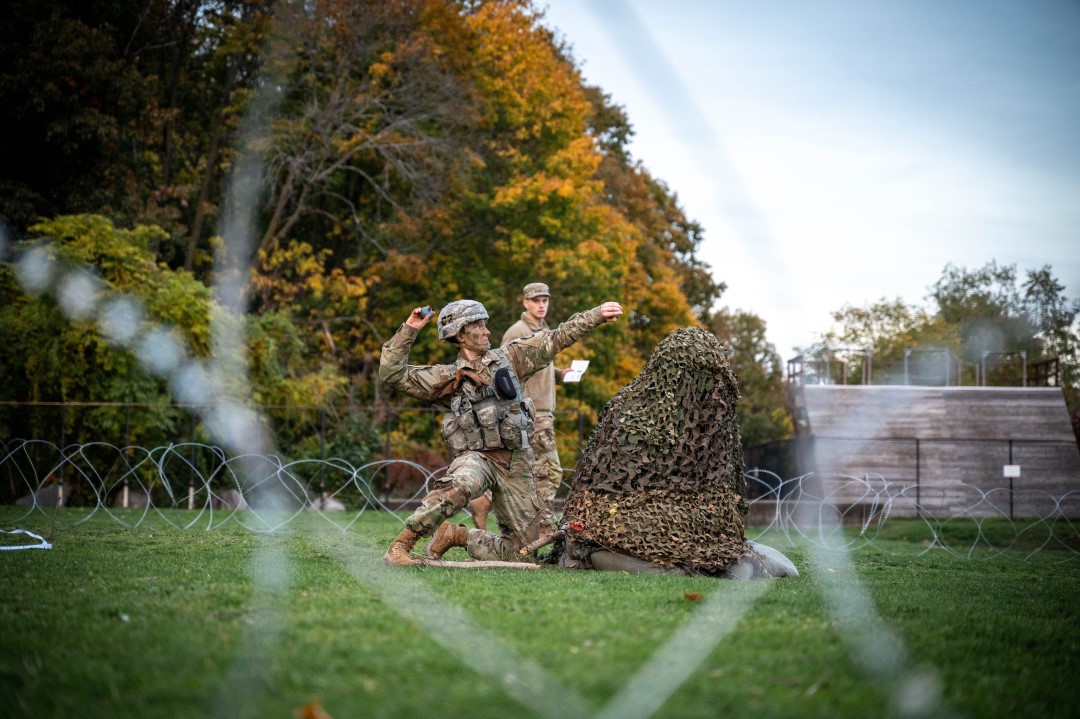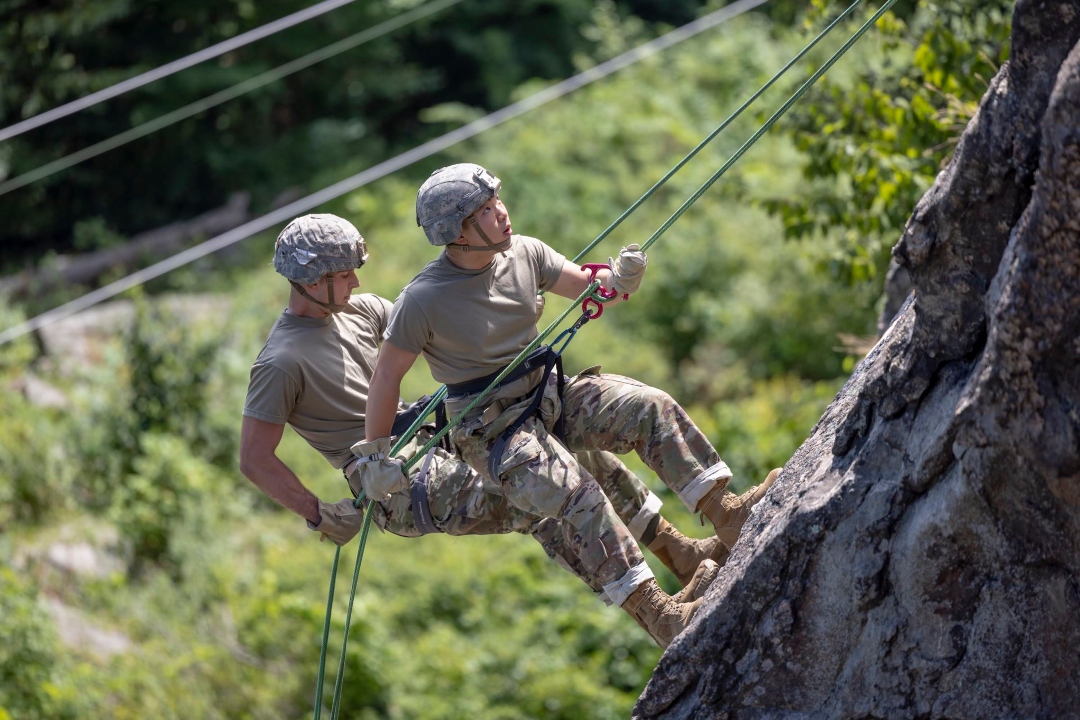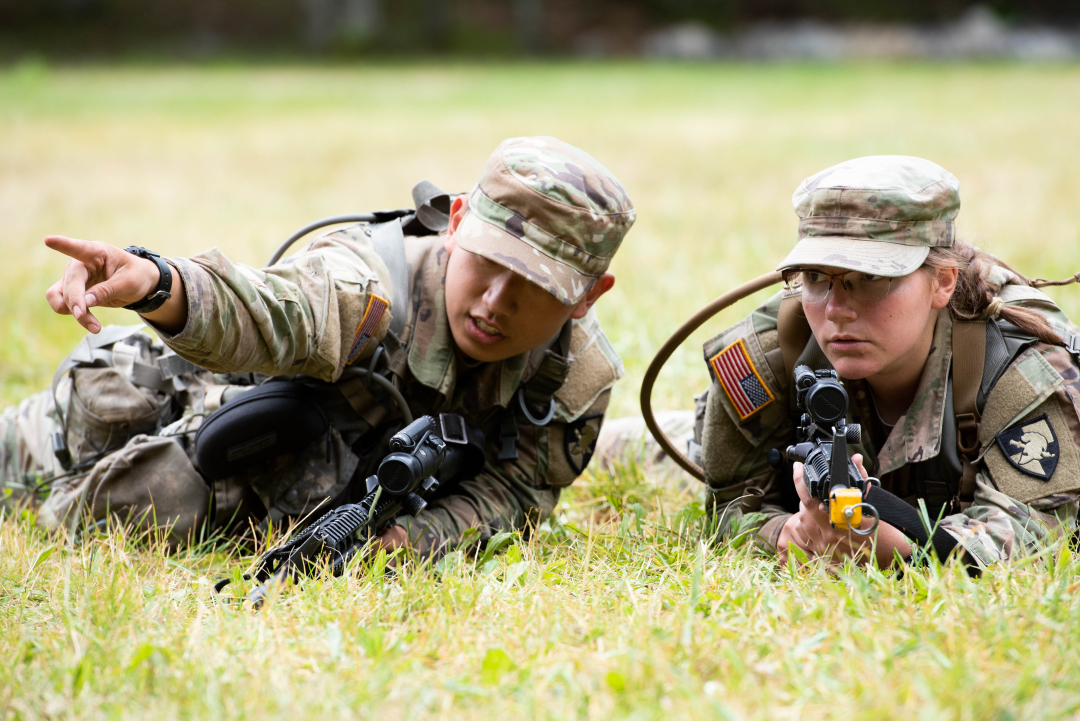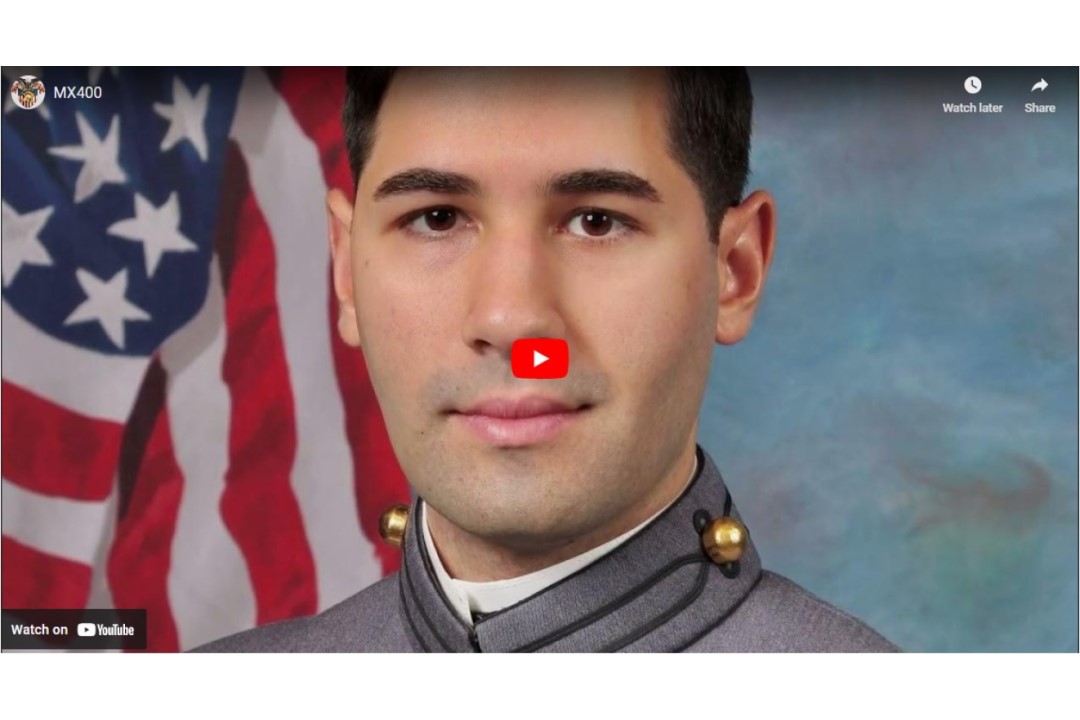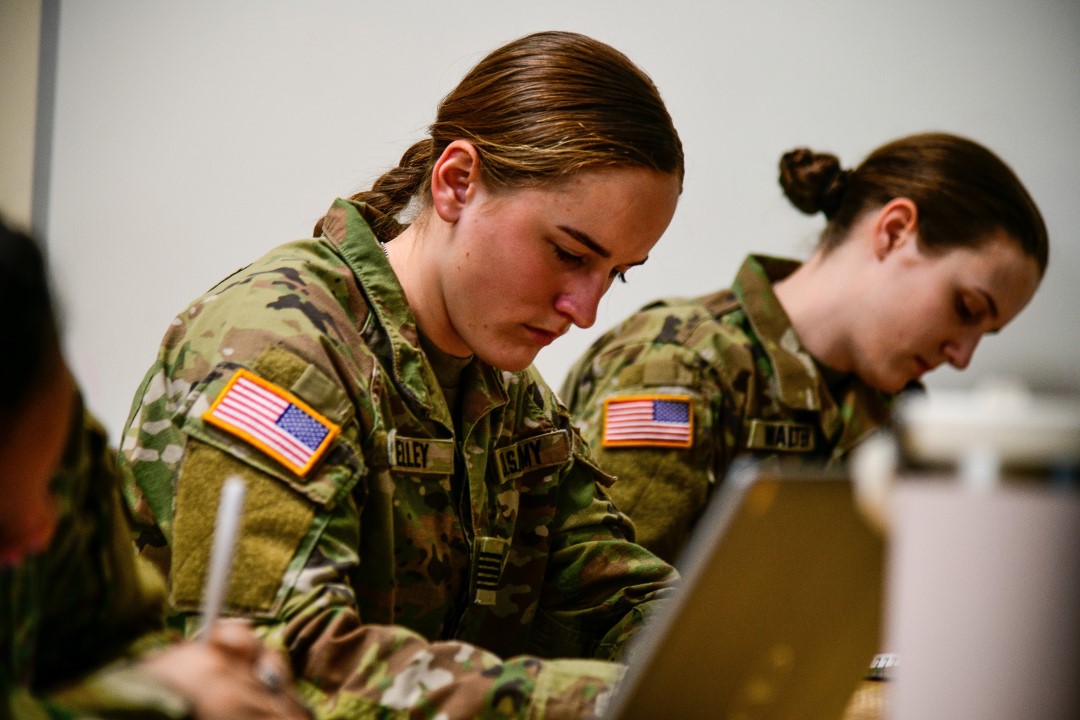- Apply Now
- About
- Admissions
- Academics
- Military Education
- Athletics
- Cadet Journey
- Research
- Prospective Cadets
- Parents
- Visitors
- Old Grads
- Community
- Cadets
- Faculty & Staff
Request More Info
- APPLY NOW
- Mon-Fri: 9:00 am-4:00 pm ET
- (845) 938-4041
- 606 Thayer Rd, West Point, NY 10996
- Virtual Tour
- IN-PERSON VISIT
- GET APPLICATION HELP


